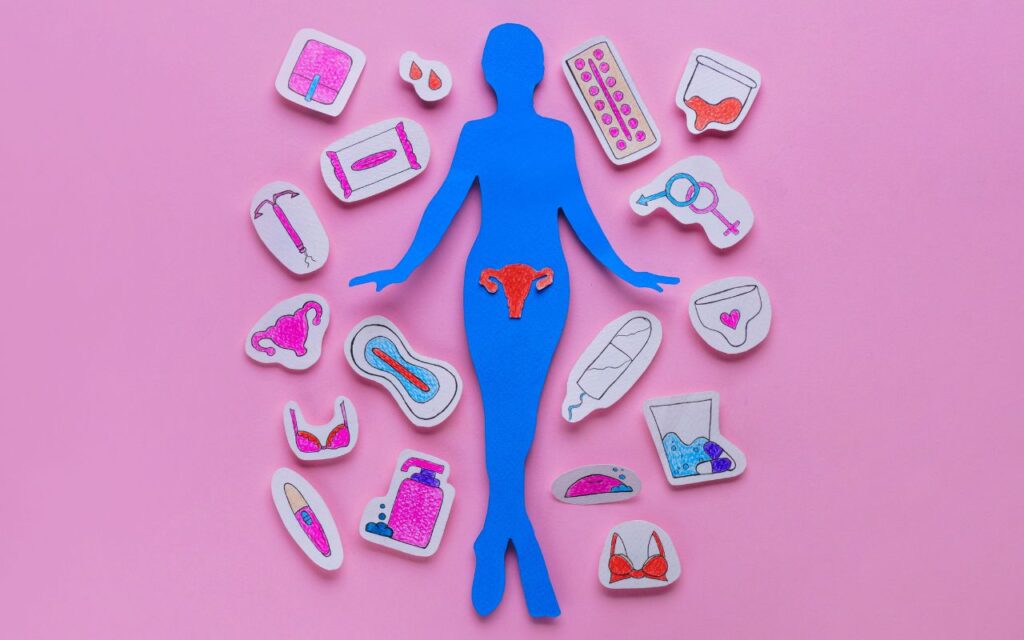
Your tampon has lead it in.
Oh, and also arsenic, cadmium, and god knows what else.
That was the message I heard loud and clear when I opened my phone earlier this week.
From Tik Tok to Instagram, X, and even Facebook, women across the board were reacting to and sharing this new information that tampons were not only harmful, but somehow trying to kill us from the inside.
Naturally, this news spread like wildfire — I mean, I’m even writing about it now.
Media picked this up, influencers shared the news, and the frenzy spread with fear-inducing headlines popping up everywhere, like these ones:
New study finds heavy toxic metals in popular tampon brands
Tampons found to contain concerning levels of arsenic and lead in world first study
Are tampons safe or harmful? Study finds that tampons contain arsenic, lead, other metals
Even reading those now makes me pause. How could that not scare you?
This is something many of us reach for every month, that we rely on to go about living our daily lives.
Arsenic? Come on.
Let’s cut through the noise and actually understand what’s happening here.
Once I began digging more into this, I realized that this is just another case of misinformation about women’s health, the danger of sensationalized stories going viral, and another example of how little we as women are taught about our own bodies.
Consulting the experts and actually reading the report
I didn’t read the study, and my guess is neither did 99 per cent of the people sharing the story online.
This is why it’s so important to have trusted resources to help us understand what the results of this study actually mean for women.
I was thrilled to see people like Dr. Jennifer Gunter, OB/GYN, author, and outspoken advocate for women’s health, as well as Dr. Andrea Love, an immunobiologist and microbiologist, speaking up about the issue online.
I would encourage you to read their thoughts, as I was immediately put at ease. Here is an overview of what they shared:
- While the aforementioned metals were detected in the small sample size tested, the amounts were low, within safety standards, and in some cases, less than the amount of lead found in many teas we consume daily.
- The conditions used to detect the metals from the tampons were nowhere even close to the environment of your vagina, so this wasn’t a “real world” test.
- Several of these metals are found naturally in soil, which tampon materials like cotton are grown in.
- While it’s nice to have more insight into the products we put in our bodies — and we should push for transparency — context is key.
Now, do I love to hear that those elements are in fact in tampons? Of course not. But I think there is something to be said about understanding what that actually means instead of simply passing along this scary narrative to help us all make informed choices.
It’s up to you what period products you choose to use — and luckily, we do have more options than ever — but tampons are all that some people have access to. We shouldn’t let sensationalized headlines discourage us from using a product, or make us feel bad for using them.
A harsh reminder about being a woman
Here at The Honest Talk, we write a lot about women’s health — recently we sat down with Dr. Singh for a candid conversation about the dark reality of gynecological care in this country.
For me, this whole conversation falls under that same umbrella.
Why don’t we know more about tampons? Why is this study just happening now, albeit in a small way? Why are we still trying to scare women about their own bodies?
This harkens back to conversations I’ve had with my own friends about the sheer lack of knowledge we are taught about our own anatomy, as well as things like birth control, periods, and even chronic gynecological conditions. We’re all kind of on our own when it comes to finding reputable sources for helpful information.
For now, like every other viral trend, I’m sure this will blow over and we’ll all forget about it and move on until the next one.
Just remember: the next time you’re in the tampon aisle, as Dr. Gunter so aptly put it, “nothing here is panic worthy.”








